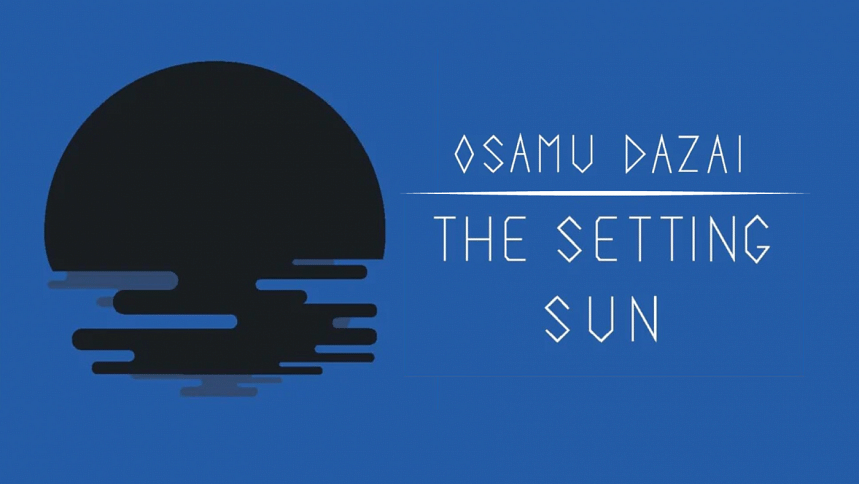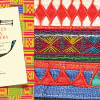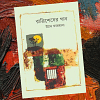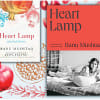The Setting Sun: Dazai’s depiction of the dusk after the end of war

*Trigger Warning: The following contains mentions of self-harm and substance abuse
The year was 1947, two years since the Second World War. Becoming the only nation in the world to bear witness to nuclear wrath, Japan remained a nation of scorched pride, ash, and rubble. As the country came to terms with the ravages of war and the humiliation of defeat, a novel would be penned that would encapsulate it all. This novel would make an obscure author into an instant celebrity and become eponymous for the death of a nation and its rebirth.
"Last year nothing happened.
The year before nothing happened.
And the year before that nothing happened."
In these words, Kazuko, the main character, describes her traumatic experiences with the war. Yet her world has changed in the most profound of ways.
Erstwhile members of the Japanese aristocracy, Kazuko and her family are now a household in crisis. They have had to start anew in the countryside, far removed from their life of comfort and plenty. Kazuko's days are spent doing household chores and caring for her ailing elderly mother. She is conflicted about her feelings for her self-destructive brother Naoji, a war veteran whose only solace lies in addiction. She is torn apart by her obsessive love for Uehara, a hedonistic writer she met years ago. Her life is suffocated by a sense of dread and desolation.
However, even in hopelessness, there can be love and mundane joy. In stark contrast to the fantasy of a future filled with hope, there lies a desperate prayer for things to perpetually remain as they are. We are also shown an almost twisted form of happiness – the joy of losing everything and the relief of knowing nothing worse can ever happen. The liberation found at the end of the dark tunnel, even if no light is to be found. All things end. It is a curse that is also a blessing.
The Setting Sun is a book of contrasting symbolisms, of opposites that work in pairs. Kazuko and Naoji's frail mother represents the elegance of Japan's dying traditions, while the affectations of other intellectuals and aristocrats highlight their arrogant pretentiousness. All of these, in turn, stand in stark contrast to the coarseness of Uehara, his dissolute band of drunkards, and their disillusionment with the ways of the past. Then we have Naoji, who becomes the personification of moral failure and its ravages on society.
The book draws its philosophies from the conflicting tenets of Christianity and Marxism and twists them cunningly into agreement. "Depravity" becomes another word for "love", and madness and rationality coalesce until they are one and the same. The indomitable will to survive is set against the unshakable resolve to die, and the embellishment and affirmation of both are achieved with rare finesse.
"Man is born for love and revolution," declares Kazuko near the end of the novel. If she is to survive, she must accomplish both.
Dazai's The Setting Sun is a book about twilight. The twilight of the world as they saw it and of life as they knew it. It is a cynical account of decay and death but also a touching tale of vitality and life. In the end, the last hues of dusk must always give way to the onslaught of darkness. Yet if night is inevitable, why cannot the same be said for the breaking of the new dawn?
Nayeem reads depressing novels at the dead of night. Send recommendations at [email protected]

 For all latest news, follow The Daily Star's Google News channel.
For all latest news, follow The Daily Star's Google News channel. 









Comments